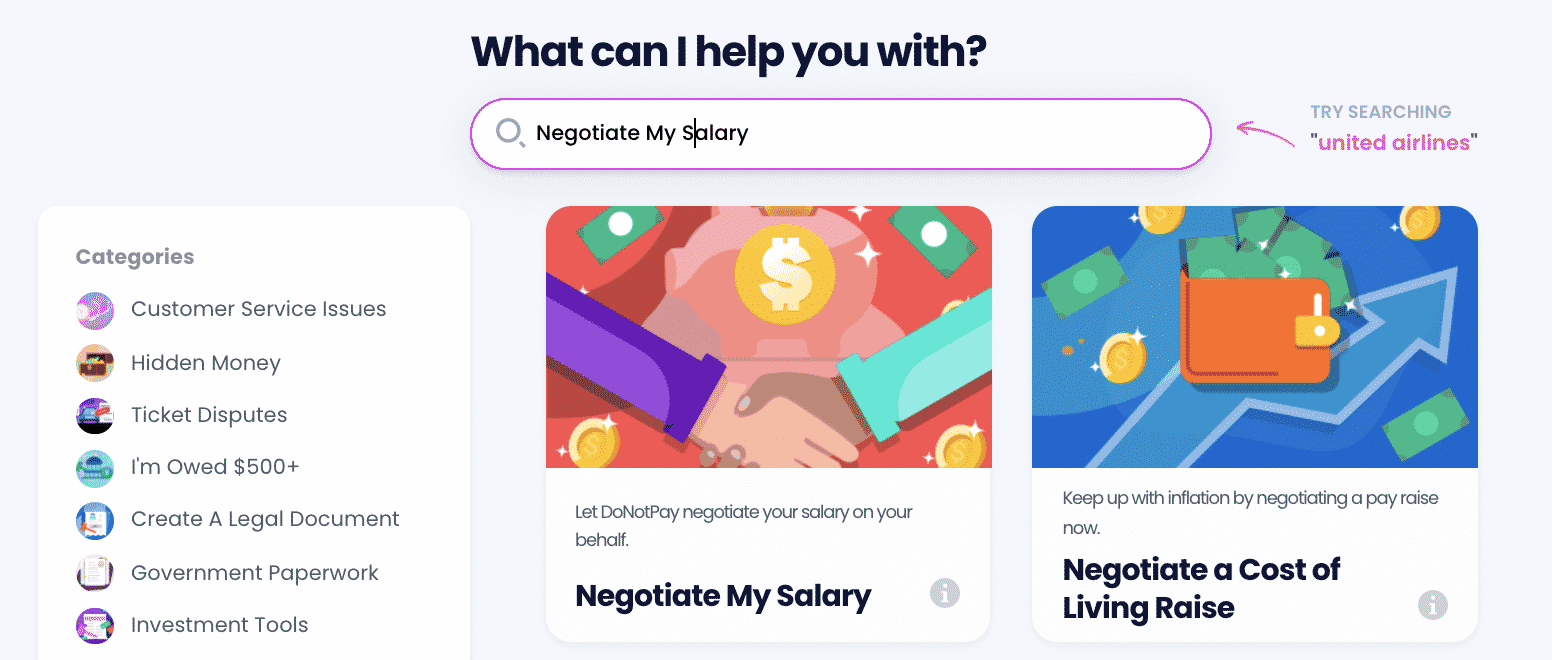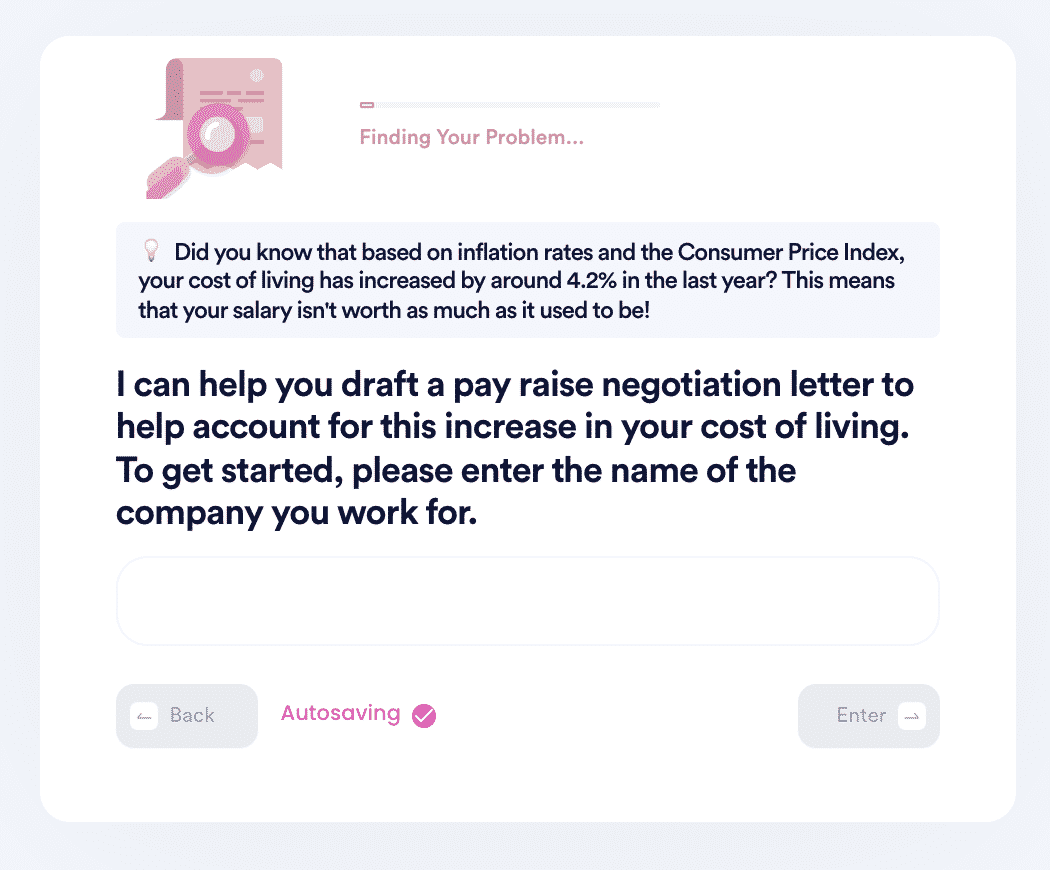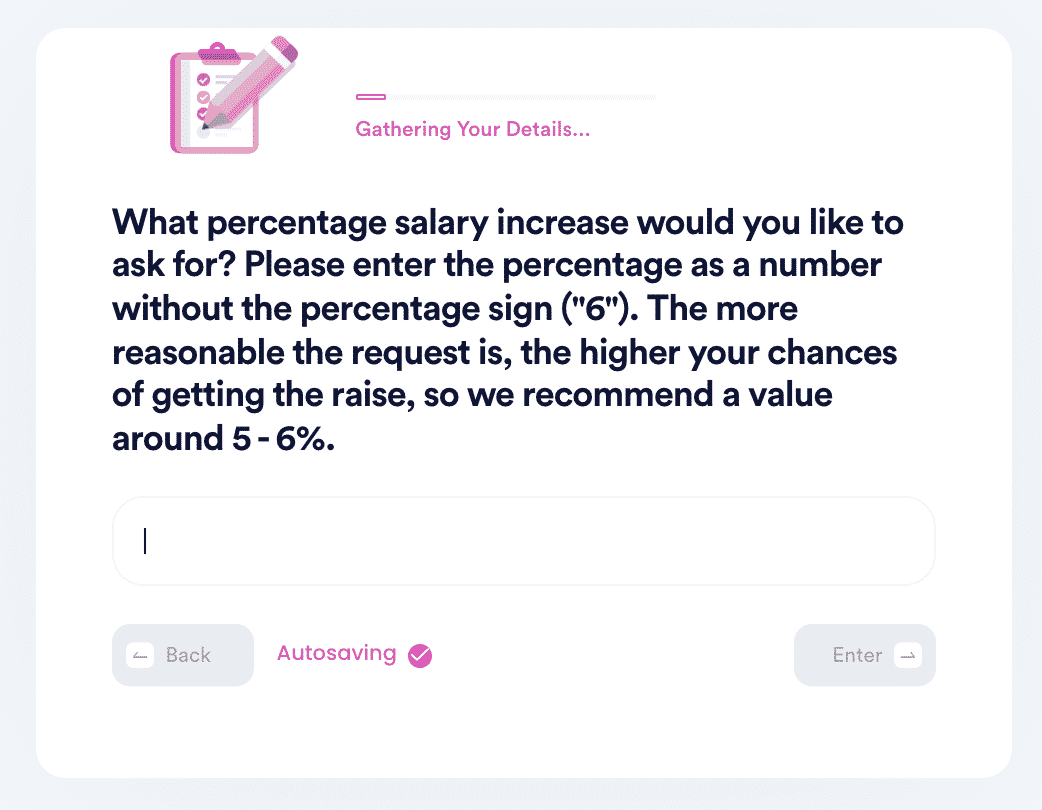How to Negotiate a Salary Increase With Your Master’s Degree
A master's degree is costly, and a decision to pursue one needs to be taken with the utmost seriousness. For many people, pursuing a master's degree means studying while holding down a part- or full-time job. With all the complexities involved in pursuing a master's degree, it's understandable to wonder,
If you're having issues figuring out how to negotiate for a salary deserving of someone with a master’s, can help.
How To Negotiate a Salary
If you've received a job offer or have pursued your education while at work and feel you deserve a raise, you should negotiate for one. Here are some tips on effortlessly negotiating a.
- Stay up to date with the salary trends: Analyzing salaries in your field is a good starting point in your negotiation process. There are several tools at your disposal for finding out the various industry salary trends to help you figure out how much someone at your level earns.
- Charm the recruiter's boots off: Many people tend to underestimate the value of charisma. a recruiter is more likely to fight for you if they find you charming. you just need to find a balance between the various personalities, including being:
- Polite but not a pushover
- Firm but not arrogant
- Persistent but not nagging
- Be Flexible: A salary increase may not be made readily available to you, and that's okay. However, the company may instead give you attractive benefits that may make having the master's degree worth it.
- Benefits are items that aren't monetary but still offer rewards and value. These include health insurance and paid time off. If the recruiter says they can't increase your salary, ask them about the benefits. It's crucial to understand that base pay isn't everything. You can accept a lower-salary job if the compensation package is attractive.
- Go over your speech severally: Being prepared is an important thing when approaching your salary negotiation. Ensure you rehearse your speech many times. You can also get someone else to listen to it and get their point of view on what they feel is missing or what is unnecessary.
If you're writing a negotiation letter, go over it twice for errors and ask someone else to read it to identify any mistakes you might have missed. Rehearsing builds your confidence and lets you know what to expect and how to conduct yourself professionally.
How to Ask For a Raise
The following tips can come in handy when asking for a salary increase with a master's degree:
- Timing: Timing is everything when considering a salary increase. You need to consider a few things before asking your employer to raise your salary. They include:
| The workload in the organization | Has it increased or reduced? Does your role require more from you or less? |
| The company's financial health | If the company isn't doing well, you may have to take a step back from asking for a raise for a while until the organization gets back on its feet. |
- You can also wait until your performance review is up to ask for the raise.
- Make an appointment: Setting up a meeting is essential in establishing your professionalism. Ensure the recruiter has enough time to discuss your situation in-depth. Give them prior notice of the negotiation meeting to enable them to prepare on their end.
- Make Your Case: Once the meeting is set, you need to make your case and prove why you deserve the raise. Do your research on the industry salary trends and compile your recent achievements and accomplishments in the company and industry in general. These will help lay a foundation to prove your trajectory and value.
How To Ask for Raise With The Help of DoNotPay
Asking for a salary increase isn't the easiest thing. It can get awkward trying to bring it up, especially if you've been with the organization for a long time. If you need help drafting a negotiation letter or coming up with talking points for your degree negotiations, DoNotPay has a solution. All you need to do is:
- Search for the 'Negotiate My Salary' product on DoNotPay.

- Enter your company's name and industry you're in to obtain wage statistics in your field.

- Tell us more about your achievements and qualifications.

- Enter the base salary you would like.

And that's it. DoNotPay will then generate a salary negotiation letter you can use anytime.
DoNotPay Works Across the Board
Helping you isn't the only thing we can do for you. Listed below are several helpful topics we've developed to help you become more knowledgeable about how to negotiate your best salary.
- When to ask for a raise
- How to ask for a raise in an email
- How to negotiate a salary increase over the phone
- How much should you ask for?
- How to negotiate your salary through email
- How often should you get a raise?
- How to ask for a raise?
What Else Can DoNotPay Do?
Salary-related services such as helping our clients get a salary increase with a master's degree is only a portion of our vast services. With DoNotPay, you can:
- Get chargebacks and refunds
- Reduce property taxes
- Cancel subscriptions you don't use
Sign up for today and save time and make money.
 By
By